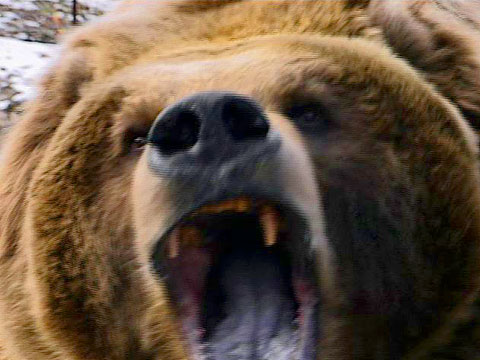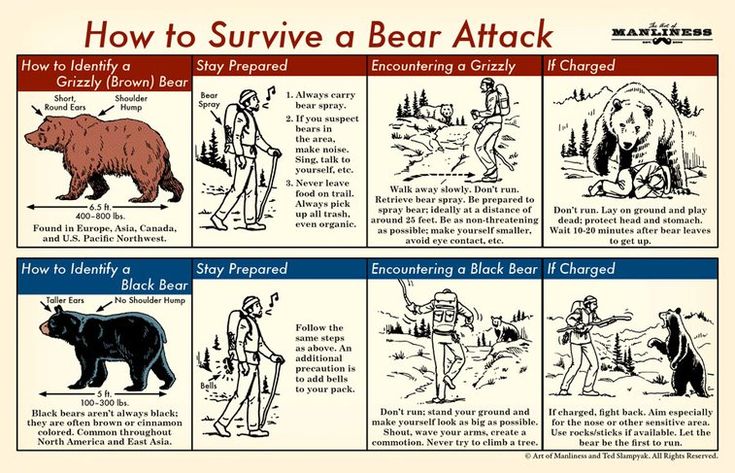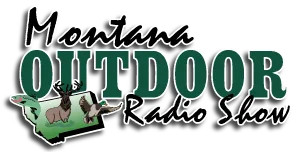Southwest Montana and Yellowstone Park are part of the Greater Yellowstone Ecosystem. This area is some of the wildest and most remote bear habitats in North America. Both black bears and Grizzly bears make this area their home.
When tourists, hunters, anglers, hikers, berry pickers, mushroom hunters, and other folks venture here, they are in the “Bearmuda Triangle”. This is the living room of major wild predators. Wolves, lions, coyotes, wolverines, and other large mammals do not appreciate invaders into their homes.
Despite warnings and routine reports about cellphone selfie infringements, petting wild furry beasts, and trash hungry midnight callers, there are still too many human and critter encounters.
Initially, Biologists wanted to protect a grizzly bear population in the Yellowstone Ecosystem. A target of 750 bears was sighted. That target has been exceeded by several hundred bears. There is only so much wild food available for so many bears. Unwelcome tourists can end up as a fast-food delivery.
Most encounters are about food, protecting babies, or simply getting too cozy in these critters’ homes. Movies wand cartoons would like to make us think that Bambi is cuddly, Yogi just likes” pik a nik” baskets, Bullwinkle can pull a rabbit from his hat, and all the woodland friends carry on conversations, hug, and love to play in the woods and fields together.
The truth is way more dangerous and bloodier. Big things feed on smaller things. Carnivores eat meat and hunt to survive. If you are in their domain, you are also on the menu. What would you do if an uninvited thing were to enter your living room without permission?
Recently a berry picker was attacked by a grizzly bear. He used his handgun to kill the bear. Earlier this season another shed hunter killed a Grizzly with his handgun that he encountered. The bear chewed him up before he ran out of bullets and the bear ran off to die.
These encounters happen in the Bears’ domains. Modern weapons help the humans survive but the bears end up dead. When bears start to feed on bird feeders, trash, or human food dumps, they end up being captured, relocated, or killed.
When humans travel into the homes of wild predators, you better be prepared. Weapons are essential but common sense is even better. Be polite, respectful, and alert for any encounter. Bear Spray may help but a big bore handgun may be required.
Try to avoid any encounter. Make noise, play a radio loud while picking berries, hunting sheds, or trekking through the living rooms of these dangerous beasts. Bells attached to your pack can help. Announce your presence when in a bear’s living room. Give them a chance to hear you coming and get away before an encounter happens. Usually you will see, smell, or hear a bear. Travel into the wind so the bears scent will be more obvious.
If you smell rancid odors from a kill site, gut pile, or bedding area, back off at once. Consider r an escape route, trees, or path to safety. Be loud and back off.
You are in the “Bearmuda Triangle” and unwelcome. Don’t become a missing person or cause the bears to die or get injured.
Montana Grant






